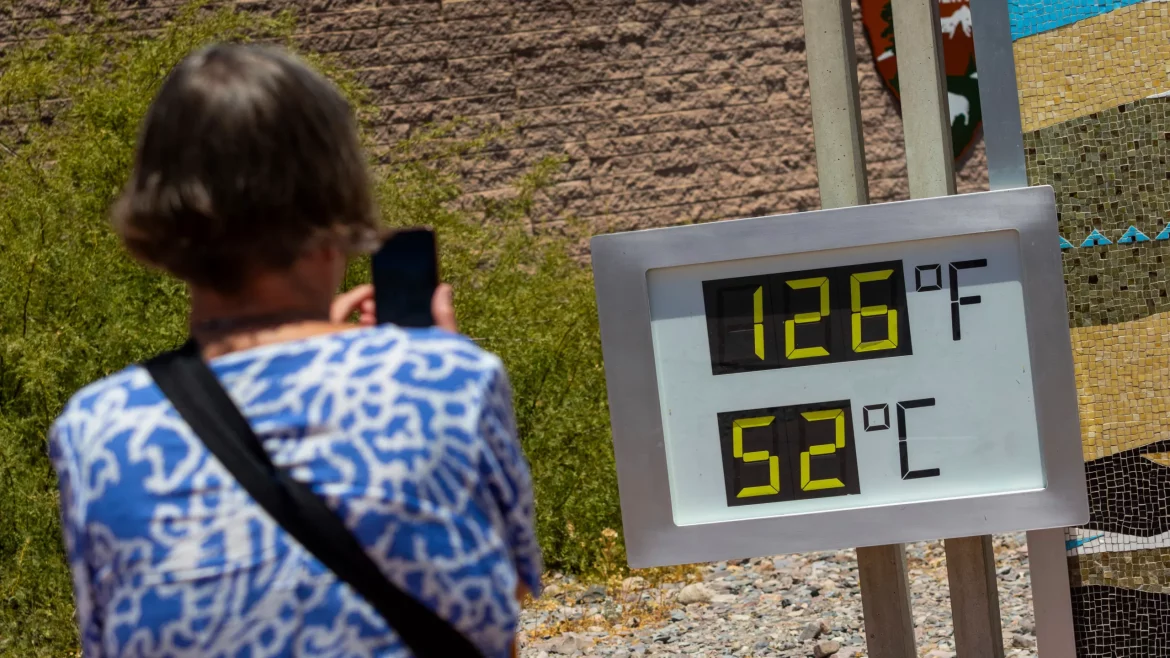Latest reports show that San Francisco recorded its hottest day of the year on Tuesday, and Phoenix set a record for the hottest 1 October on record.
This come after the National Weather Service predicted record-high fall temperatures across the south-western US. With temperatures hitting 100F (38C) or higher in many places, officials and local media outlets issued warnings that the heat posed “a significant threat to property or life”. Excessive heat warnings were in place across the region, bringing with it warnings about elevated wildfire risk, the potential for sweeping power outages in California and a rising toll of heat-related deaths, a particularly deadly risk for unhoused people and the elderly.
Read also: Campaigners say most soft plastic collected for recycling is burned
In San Francisco, temperatures hit 93F, while across the Bay Area, multiple cities were recording temperatures “as much as 25 degrees above normal” for October, the San Francisco Chronicle reported, and many Bay Area public schools cancelled outdoor athletics as a result of the heat.
In Arizona, Phoenix continued to break heat record after heat record, with temperatures expected to break previous daily highs for October every day of the week. On Tuesday, the high was around 113F (45C). So far in 2024, the city has recorded 67 days with temperatures above 110F, compared with an average of about 21 in previous decades. Earlier in the summer, the city saw 100 straight days with temperatures above 100F.
The record heat is bringing with it a record number of heat-related deaths. More than 666 deaths in Phoenix this year have been confirmed as heat-related, or are still under investigation as potentially heat-related, according to local public health data.
Nearly half of heat-related deaths in Phoenix this year were among unhoused people, according to the public health data. In extreme heat, sidewalks and asphalt can get hot enough to give people severe burns. But dozens of recorded heat deaths in Phoenix were recorded indoors as well, including in homes where air conditioners were broken, or turned off, potentially because of concerns about cost.
While older people were more at risk of heat deaths, about 40% of the Phoenix victims were under 50, according to the public health data.
Story was adapted from the Guardian.
